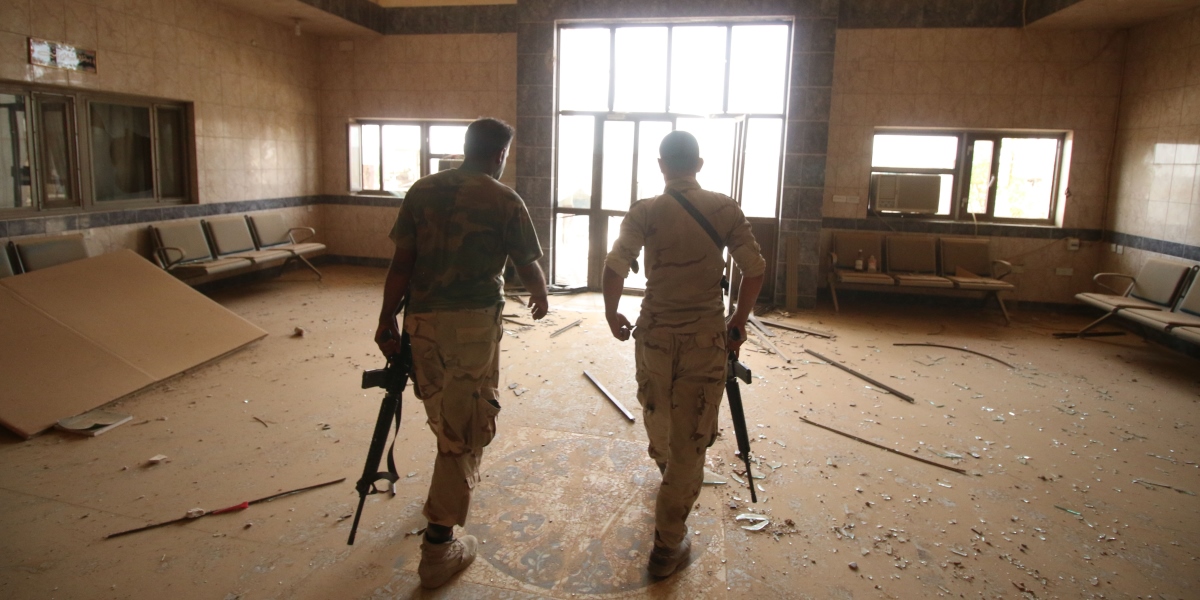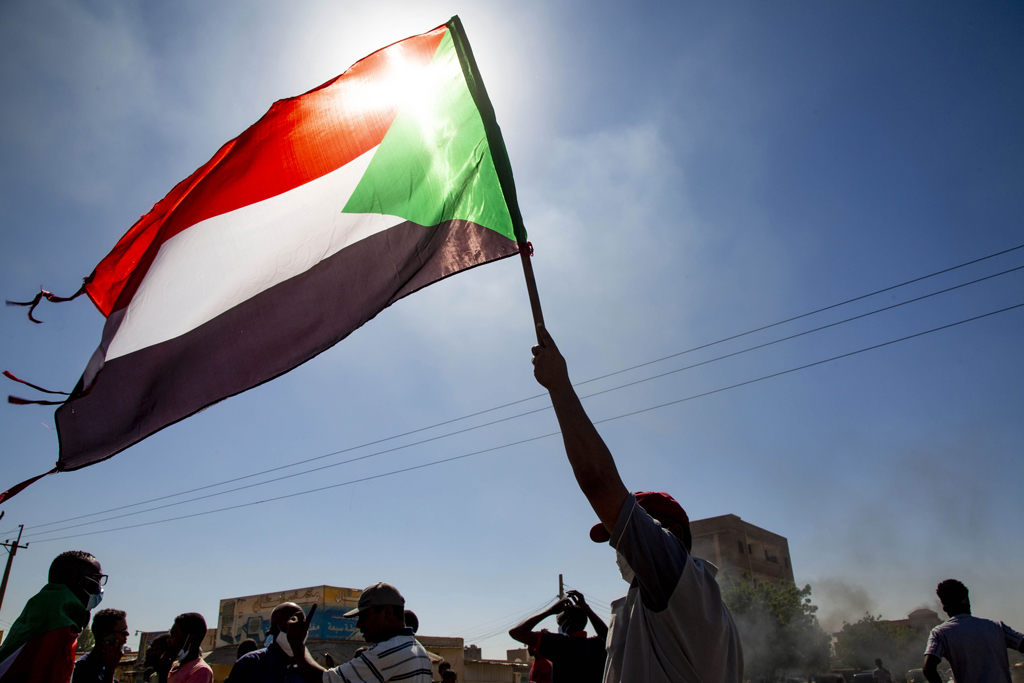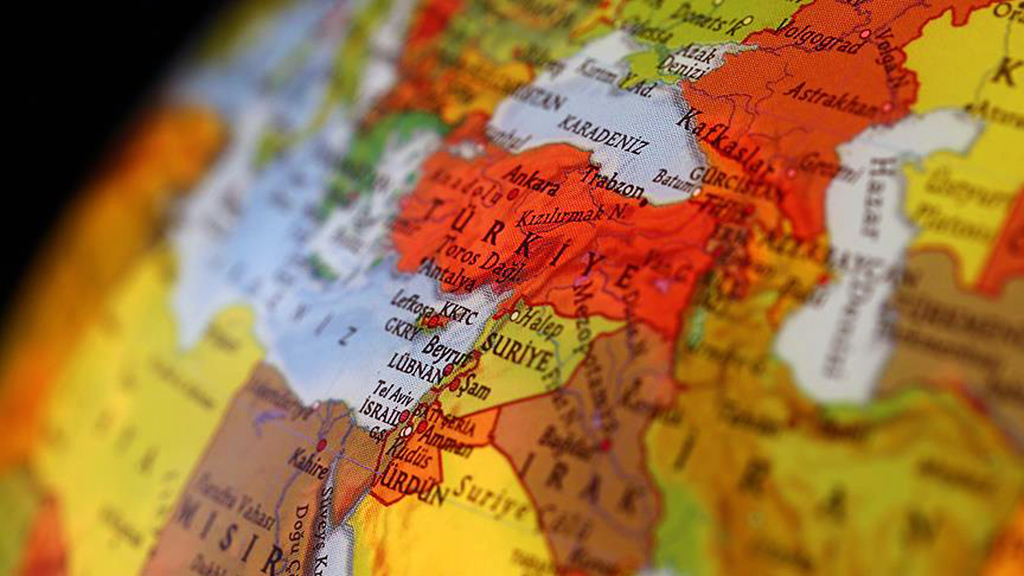
Fallujah and Beyond: The Fight against DAESH in Iraq
The spillover of instability from the Syrian civil war into neighboring countries feeds DAESH's strengths, and the chaos in Iraq will see no end until the war in Syria is resolved
Share
One of the most critical developments in Iraq since the beginning of the fight against DAESH took place on Friday. News agencies reported that Iraqi forces recaptured the city of Fallujah, which was one of DAESH's strongholds ever since it captured the city. According to reports, as of this weekend Iraqi forces are continuing the operations within the city in order to destroy explosive devices DAESH has left behind. The next step will be to provide a safe return for the civilians who left the city at various points of the conflict in the city. Of course, this is an important step in the fight against DAESH and, according to many analysts, it has brought the counter-DAESH operations one step closer to Mosul, the most significant Iraqi city in DAESH's possession.
However, there are still significant steps that need to be taken in order to totally defeat, degrade and finally destroy DAESH in Iraq. First of all, although the Iraqi forces recaptured Fallujah, some reports say that DAESH withdrew from the city without much fighting. When one thinks about this tactical withdrawal with DAESH's tactical flexibility, it raises some points to be cautious about the recent developments. In different circumstances, DAESH has abandoned the battlefront and launched major terrorist attacks. This tactical maneuverability is something that needs to be paid attention to. DAESH may one more time adopt this flexibility and start conducting terrorist attacks in population centers around the world, but particularly in Iraqi cities.
Secondly, the role of Shiite militias in recapturing Fallujah and some of these militias' activities in and around Fallujah need to be watched carefully. Recent reports have cited human rights violations of different Shiite militias. In addition to a recent Human Rights Watch report about the torture and killings of Sunni men fleeing Fallujah in a story last week, the Wall Street Journal reported the disappearance of hundreds of Sunni men from Fallujah. The report says: "The mystery surrounding the whereabouts of hundreds of fighting age Sunni men has given rise to allegations that Shiite Muslim militias known as the Popular Mobilization Forces, a crucial component of the Baghdad government's offensive to retake Fallujah are to blame for their disappearances." This situation feeds the sectarian instability that is already present in Iraq.
Thirdly, in addition to military operations to degrade and destroy DAESH, one of the very important pillars of the strategy against this organization was from the very beginning to establish an inclusive government in Baghdad, which would alleviate the sectarian tension in the country. This could firstly end the civil war in the country and secondly, block the recruitment mechanisms of radical organizations such as DAESH. So far, the government has not achieved this and Sunni skepticism about the government in Baghdad is still prevalent. International pressure on Baghdad needs to be persistent to generate a pluralistic and inclusive government.
Finally, while there is an ongoing civil war in Syria, it would be unrealistic to expect the situation in Iraq to be totally fixed. This situation in Syria will continue to generate instability in Iraq as the civil war in the country continues to export insecurity to neighboring countries. Because of this, there is a need to get a handle on the situation in Syria in order to create a stable and DAESH-free Iraq.
[Daily Sabah, June 20, 2016]
Tags »
Related Articles
Policy Report
One Year At War | The Past, Present and Future of Sudan’s Civil War and Proposed Solutions
June 2024






